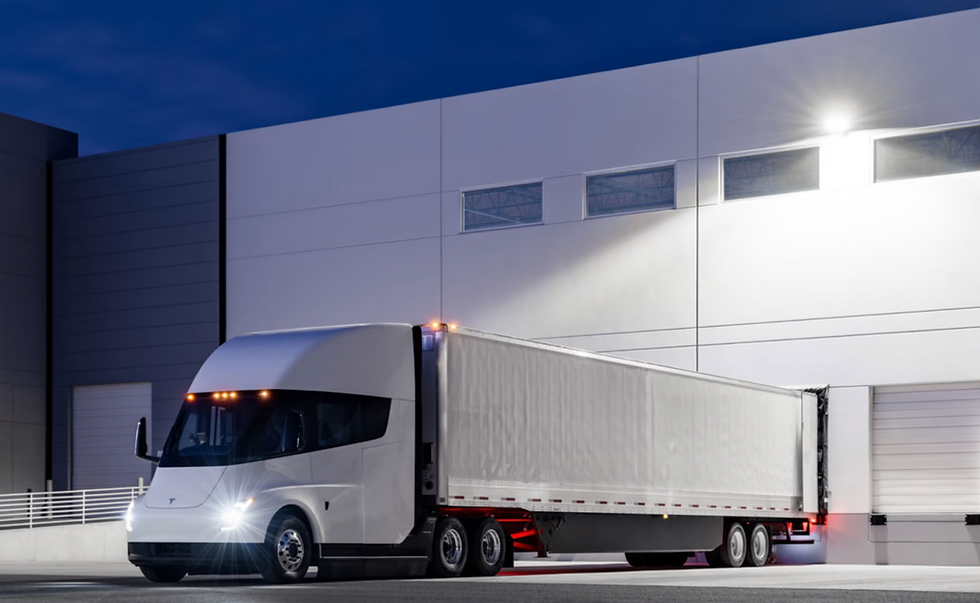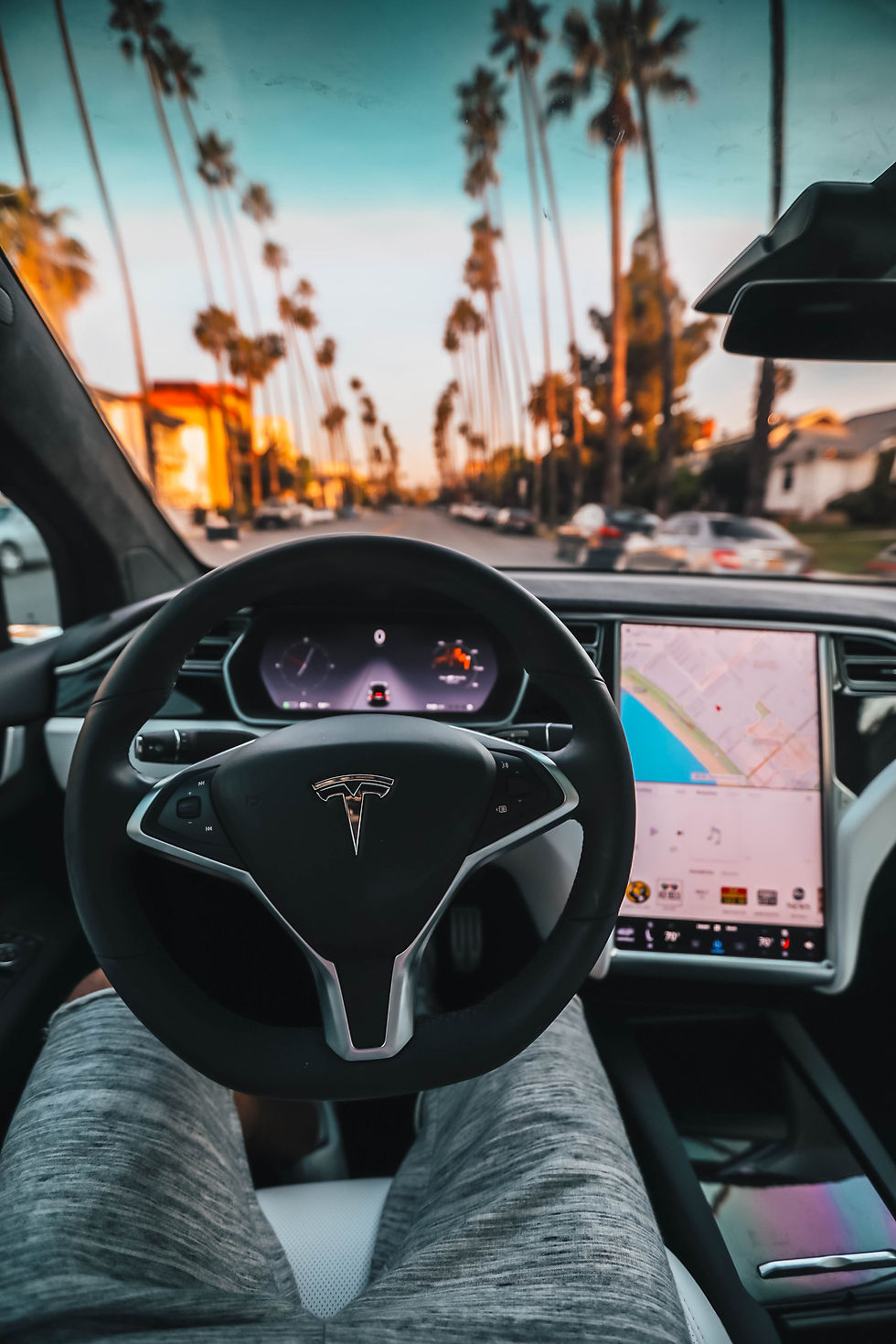Tesla has plans to construct a charging route for semi-trucks from Texas to California
- moonitsllc
- Aug 2, 2023
- 2 min read
According to a report from Bloomberg, Tesla is requesting nearly $100 million in government funding from the United States to construct nine semi-truck charging stations. These stations would be situated along a route connecting the southern border of Texas to Tesla's original factory in Fremont, California.

The proposed plan involves each station having eight 750-kW chargers specifically for the Tesla Semi trucks, along with four chargers for other vehicle makes, following the Megawatt Charging Standard (MCS) for commercial vehicles. Tesla's NACS V4 charge connector is expected to be used for non-Tesla vehicles, offering a charging capacity of 1 megawatt.
Tesla's executives discussed these plans with the Texas Department of Transportation via emails between May and early June. They mentioned that the project could potentially qualify for federal grants under the Bipartisan Infrastructure Law and requested the Texas officials' support by writing a letter to include in the funding application submitted in June.
California's South Coast Air Quality Management District led the application process on behalf of Tesla, with the automaker seeking $97 million in federal funding while planning to contribute $24 million from its own funds.
It remains uncertain whether Tesla will proceed with the truck-charging project if the application is not approved. The Federal Highway Administration, responsible for overseeing the charging-infrastructure grants, is currently reviewing the applications and is expected to announce the recipients later this year.
The proposed 1,800-mile route starts in Laredo, Texas, approximately 240 miles away from Tesla's headquarters in Austin and 150 miles away from the company's new factory site in Nuevo Leon, Mexico. Notably, Tesla was granted an exclusive lane at the Mexican border crossing in 2022 to facilitate the movement of parts from Mexico-based suppliers to its U.S. factories in Texas and California. If approved, the charging project could potentially electrify some of these deliveries, which are currently handled using internal-combustion trucks.
.png)



Comments